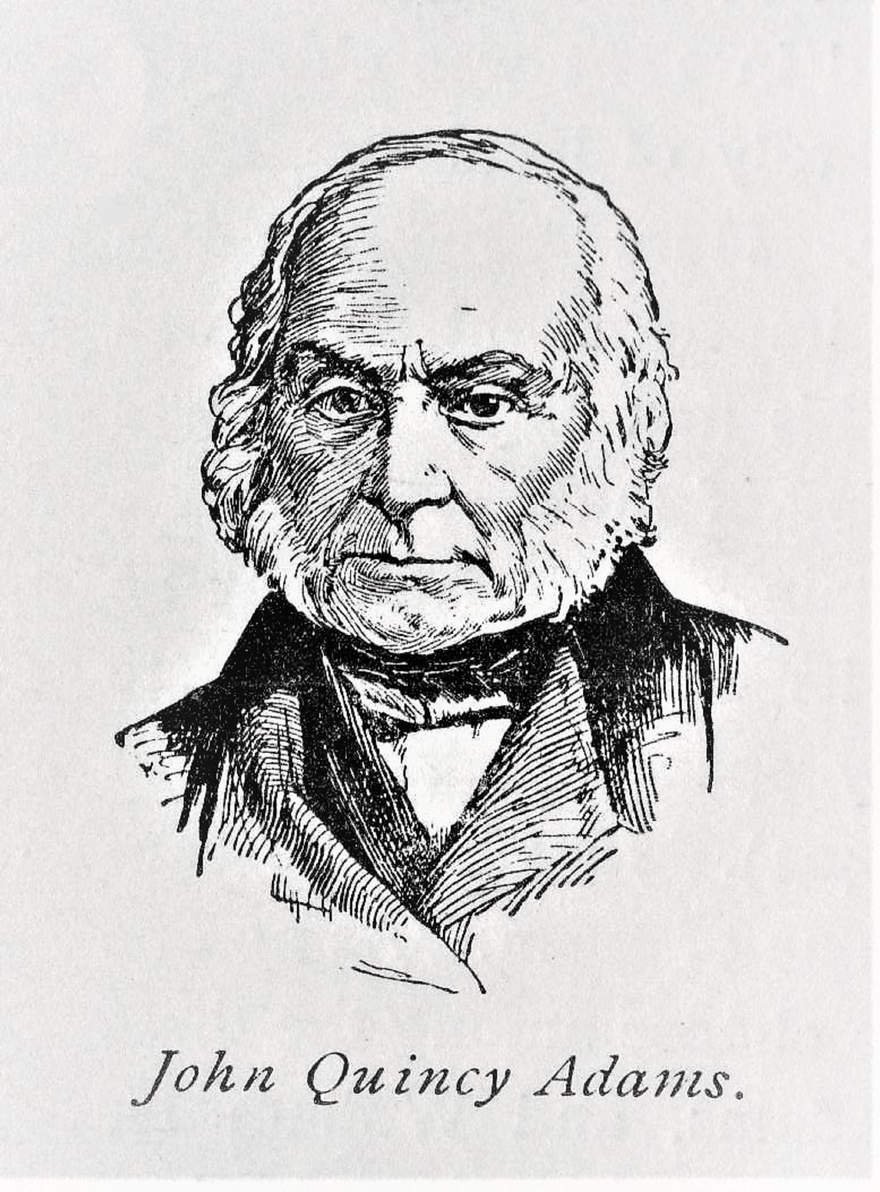
Recently I finished reading a biography of President John Quincy Adams and his wife, Louisa Catherine by Jack Shepherd. Indulge me a couple of pages because the perspective may nourish your soul.
Louisa Catherine Johnson was spring (Shepherd’s words); John Quincy was winter. Her Maryland blood loved the promise of warmer weather. JQA was born with purpose infused in the iron of his spine. Work. Learn. Serve.
JQA was from the first American political dynasty, his father having been a founding father, the first vice-president and the second president. JQA was nurtured and shaped by parents who planned his life. He became as hard, cold and purposeful as a New England stone wall, responding positively to very strong direction from both his parents. And as a result JQA was the sixth American president (1825-1829).
Louisa was a velvet-budded spirit who grew up care-free and spoiled (Shepherd again). She filled the air with music, playing the pianoforte and harp. John Quincy rose normally by 4 A.M., made a fire, read his Bible and was at his desk by 5:30 for a day’s work, lamenting the social events of the evening that interrupted his privacy. He made it his duty to be precise. Measured. Timed. He recorded everything, keeping a substantial diary most of his life. He welcomed misfortune as an opportunity of improving his character.
In London, safely 3000 miles from his domineering mother – Abigail Adams – John Quincy Adams decided to get married. The union was incongruous. She was kind, loving, and gentle; he was stern, gruff and sometimes nasty. While her love was spontaneous, his was parceled out narrowly; first to God, then country, then to duty, then to family and finally to individuals.

When JQA became the American ambassador to Russia, he insisted on leaving their two oldest sons in America. So Louisa did not see eight-year-old George and six-year-old John for seven years. Conversant with the courts of Europe, JQA was the lead diplomat who arranged the Treaty of Ghent which ended the War of 1812. He also guided negotiations with Spain that resulted in Florida becoming a part of America. He authored the Monroe doctrine.
Back in the infant nation and ambitious for her husband, Louisa entertained congressmen and senators constantly during his effort to gain the presidency, which was a dark period in their lives. A president ahead of his time, JQA proposed a national university and an observatory. Refusing to reward those loyal to him who had placed him in the presidency, Adams sought to break the cronyism of his day. Because of his ramrod straight honesty and unwillingness to do “business as usual,” he accomplished little during his White House years. Louisa wrote of the WH as being her prison.
Two of JQA and Louisa’s sons – who could not or would not respond to the strong, shaping influences of their father died early – alcohol being a factor. JQA and Louisa took in their grandchildren and raised them as their own.
After he lost his bid for re-election in 1828 to Andrew Jackson, John Quincy was humble enough to run for Congress. During the 17 years Massachusetts returned him to Congress thereafter, he achieved much more than during his presidency. He is, so far, the only president later elected to the United States House of Representatives. What humility! To go from the presidency to become a congressman.
Does the life JQA give the reader some perspective? Possibly the reader’s next 17 years will be most productive. They were for JQA. Perspective!

Recent Comments